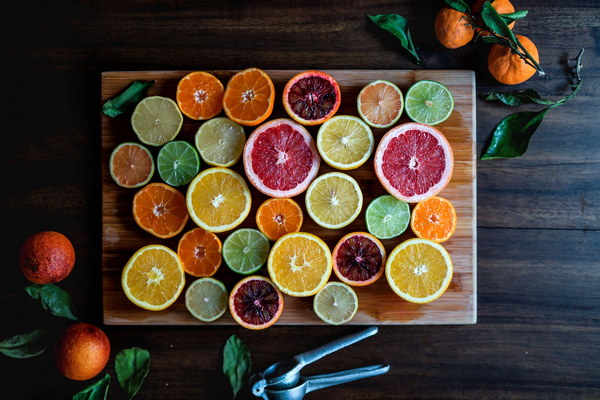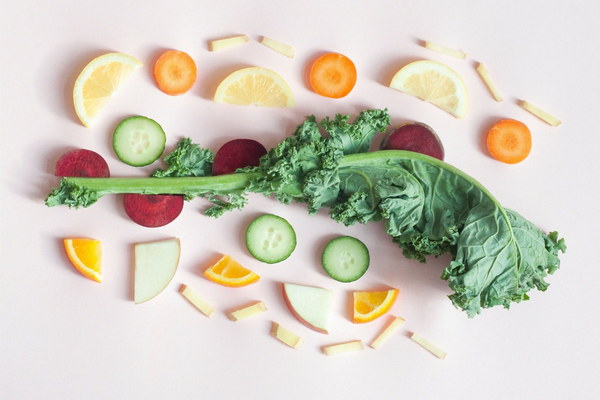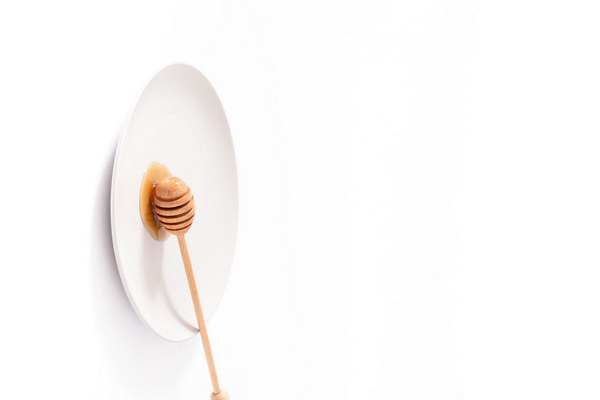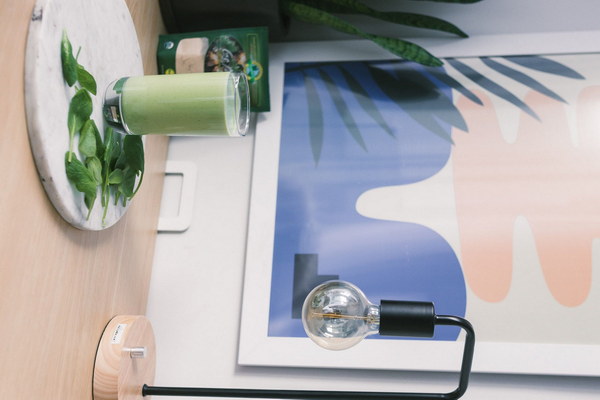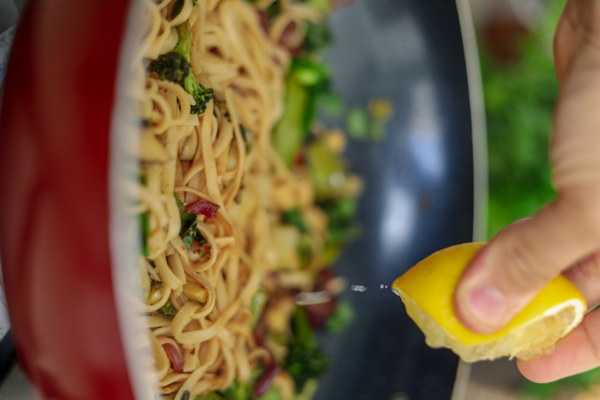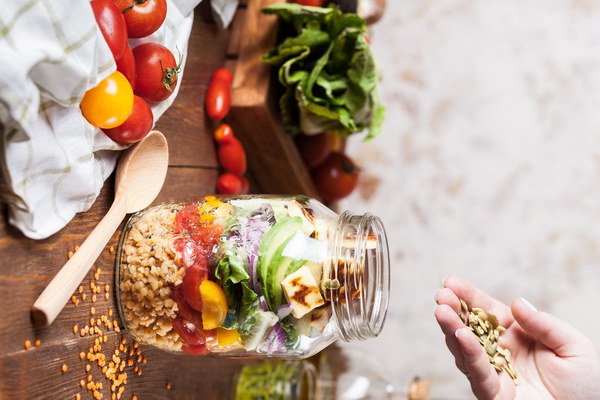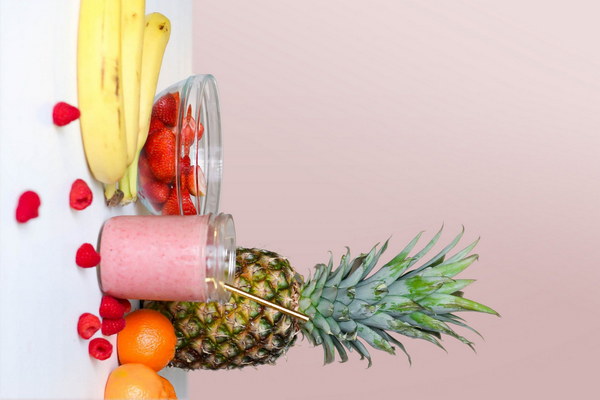Combating Heat-Generated Dampness A Guide to Cooling Your Body and Improving Health
In traditional Chinese medicine, the concept of dampness is often associated with heat, particularly during the warmer months. When the body becomes overheated, it can lead to an accumulation of dampness, which can manifest in various uncomfortable symptoms such as fatigue, bloating, and skin irritations. This article aims to provide insights into how to combat heat-generated dampness, offering practical tips and remedies to cool your body and improve your overall health.
Understanding Heat-Generated Dampness
Heat-generated dampness occurs when the body's internal heat becomes excessive, leading to a stagnation of dampness in the meridians and organs. This condition is often associated with a diet high in spicy, fried, and sweet foods, as well as excessive sweating, heat exposure, and stress. To alleviate the symptoms of heat-generated dampness, it is crucial to address both the heat and the dampness simultaneously.
Cooling Foods and Herbs
One of the most effective ways to combat heat-generated dampness is through diet. Including cooling foods and herbs in your meals can help to reduce internal heat and promote the expulsion of dampness. Some examples include:
1. Green Vegetables: Leafy greens such as spinach, kale, and bok choy are rich in vitamins and minerals, and their cooling properties can help alleviate heat and dampness.
2. Melons: Watermelon, cantaloupe, and honeydew are excellent for cooling the body and are high in water content, which can help to expel dampness.
3. Herbs: Herbs such as mint, cilantro, and ginger have cooling properties and can be added to various dishes to help alleviate heat and dampness.
4. Nuts and Seeds: Almonds, walnuts, and sunflower seeds are high in nutrients and can help to nourish the body while cooling it.
Lifestyle Adjustments
In addition to diet, making lifestyle adjustments can also help combat heat-generated dampness. Here are some tips to consider:
1. Stay Hydrated: Drink plenty of water throughout the day to maintain a healthy fluid balance and promote the elimination of dampness.
2. Limit Heat Exposure: Avoid excessive heat, such as hot tubs, saunas, and direct sunlight, as these can exacerbate heat and dampness.
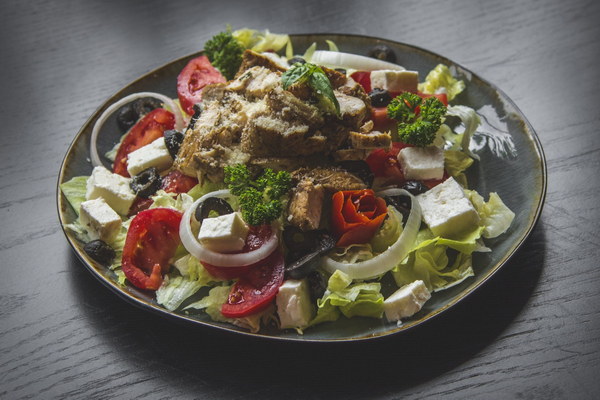
3. Exercise Regularly: Engaging in moderate exercise can help regulate body temperature and promote the circulation of Qi (vital energy), which can aid in the elimination of dampness.
4. Manage Stress: Stress can contribute to the accumulation of heat and dampness, so practicing stress-reducing techniques such as meditation, yoga, or deep breathing exercises can be beneficial.
Herbal Remedies
Traditional Chinese medicine offers various herbal remedies that can help combat heat-generated dampness. Some commonly used herbs include:
1. Astragalus (Huang Qi): This herb is known for its immune-boosting properties and can help to expel dampness from the body.
2. Poria (Fu Ling): Poria is often used to drain dampness and improve fluid metabolism.
3. White Atractylodes (Bai Zhu): This herb is commonly used to treat dampness and fatigue, as well as to strengthen the spleen.
4. Peony (Shao Yao): Peony is a cooling herb that can help alleviate heat and dampness, particularly in the liver and gallbladder.
Conclusion
Heat-generated dampness can be a challenging condition to manage, but with the right approach, it is possible to alleviate symptoms and improve your overall health. By incorporating cooling foods, herbs, and lifestyle adjustments into your routine, you can help your body cool down and expel dampness, leading to a more comfortable and balanced state of being. Remember to consult with a healthcare professional before making significant changes to your diet or lifestyle.
![Boost Your Kidney Health The Surprising Combination of Honey and [Ingredient]](http://img.bluepurple.cn/a/养生/268/Boost-Your-Kidney-Health-The-Surprising-Combination-of-Honey-and-Ingredient.jpg)
